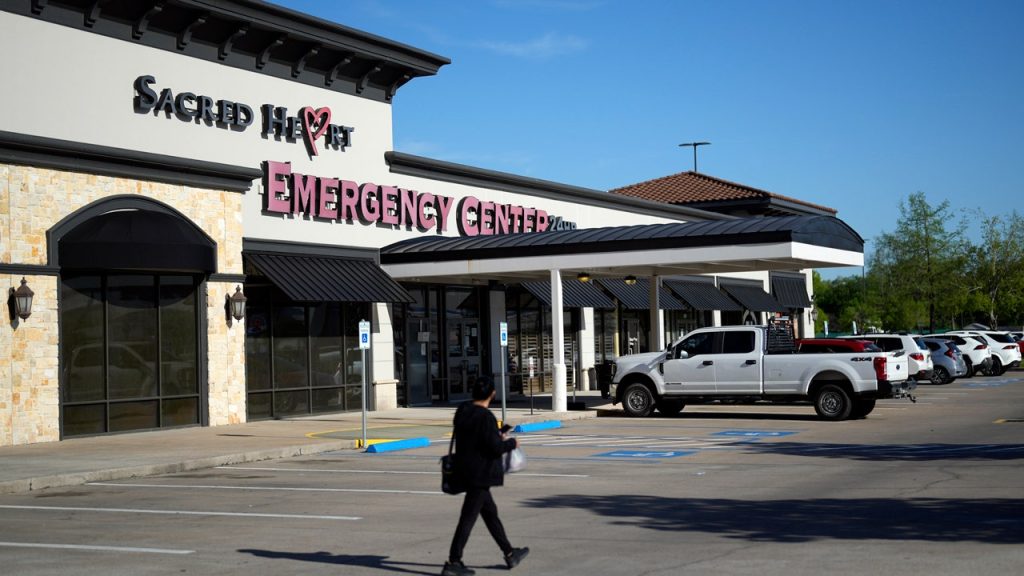Following the United States Supreme Court’s overturning of Roe v. Wade, a surge in complaints arose regarding pregnant women being turned away from emergency rooms across the country. Despite federal law mandating that patients in active labor must be treated, several incidents were reported where women were refused care, leading to dire consequences. The state of emergency pregnancy care in the U.S. has raised concerns, especially in states with strict abortion laws, causing confusion among healthcare providers.
Federal law requires emergency rooms to provide treatment or stabilization to patients in active labor and to transfer them to another facility if necessary. The Supreme Court case on abortion could potentially weaken these protections, prompting the Biden administration to take action against states with restrictive abortion laws that conflict with federal statutes. Pregnant patients in states with extreme abortion bans have become marginalized in emergency departments, with some incidents resulting in tragic outcomes for mothers and babies.
There have been numerous reports of pregnant women being turned away from emergency rooms, despite federal mandates to provide care. Several hospitals were found in violation of the law, leading to investigations by federal authorities. One case involved a woman who miscarried in a restroom after being denied treatment at a Texas hospital, while another woman in North Carolina gave birth in a car after being refused an ultrasound. These incidents highlight the urgent need for hospitals to comply with federal regulations on emergency pregnancy care.
Emergency rooms that fail to treat or stabilize patients, particularly pregnant women, are subject to fines and risk losing Medicare funding. However, the enforcement of penalties for violations can vary and may take years to materialize. The threat of financial repercussions serves as a deterrent for hospitals to deny care to patients in need. The Biden administration has emphasized the importance of upholding federal law on emergency medical care and has vowed to take action against facilities that fail to comply.
The Supreme Court will rule on a case that could impact the enforcement of the Emergency Medical Treatment and Labor Act (EMTALA), with potential implications for states like Idaho and Arizona that have strict abortion laws. The Idaho law, which restricts abortions except in cases where the mother’s life is at risk, has faced challenges from the federal government. If the court weakens protections under EMTALA, it could result in hospitals being able to turn away patients without penalty, undermining the rights of pregnant women in need of emergency care.
The EMTALA was established to prevent hospitals from rejecting patients in need of emergency medical care, including pregnant women, and to ensure timely treatment and stabilization. The federal government has been investigating cases of hospitals violating these regulations and taking steps to address these issues. The enforcement of EMTALA is crucial in protecting the rights of pregnant patients and ensuring access to emergency medical care, regardless of the state’s abortion laws.















